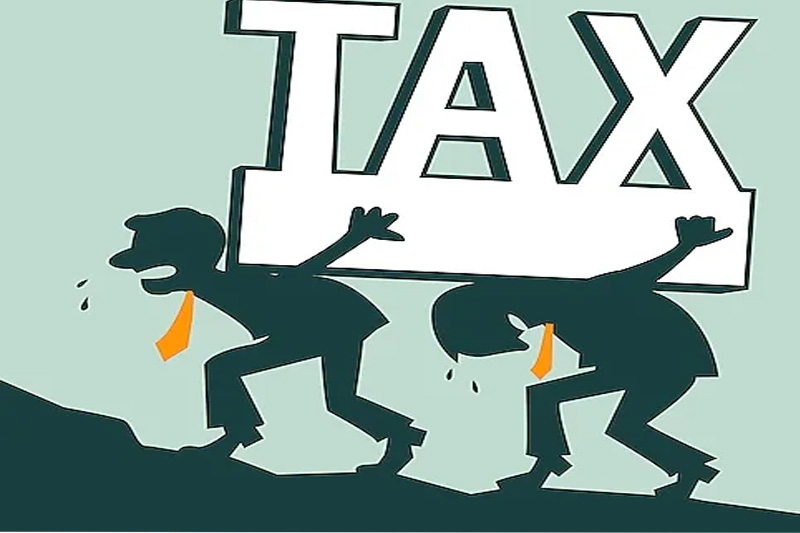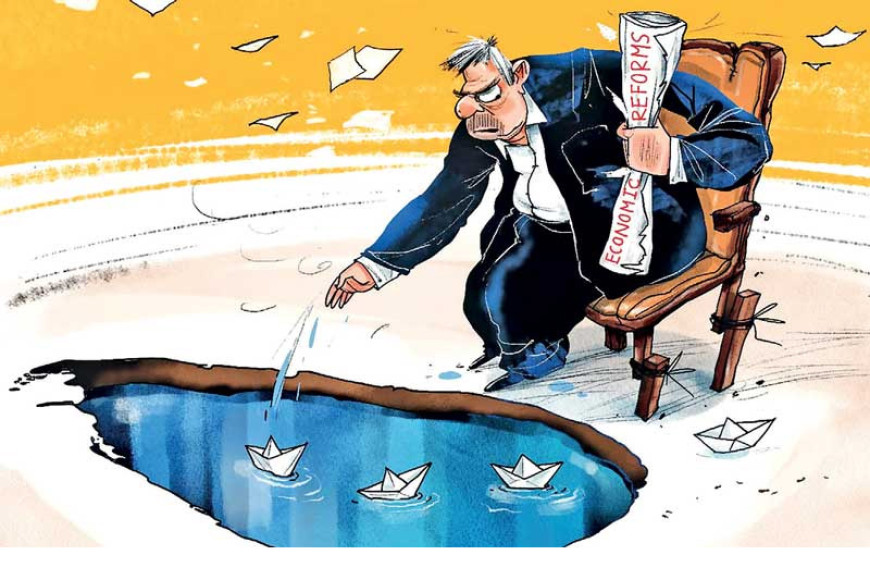Sri Lanka's political landscape is currently in turmoil, largely due to an intense election period. The unusually high number of presidential candidates from diverse backgrounds has undoubtedly contributed to the chaotic situation.
Frequent defections by members of parliament and other notable politicians, as they switch allegiances to support various candidates, has added a farcical element to the presidential contest.
The constant barrage of extravagant election promises, such as salary increases and subsidies, leaves the impoverished electorate perplexed.
This has made the task of the Election Commission particularly challenging, including managing a ballot paper with nearly forty candidates and overseeing campaign finance regulations.
Despite these theatrics, including the political maneuvering and dubious promises, they are unlikely to significantly influence the presidential election’s outcome.
Historically, class dynamics driven by the material interests of different social groups ultimately determine key political events like presidential and general elections.
Two and a half years after declaring a debt default amid a severe social and political crisis, Sri Lanka's economy is beginning to show signs of improvement.
Inflation has dramatically decreased from a peak of 70 percent, interest rates are falling, and the once-volatile currency is now stabilizing. Following the longest period of negative growth—seven consecutive quarters—the economy has finally returned to positive growth.

Although this recovery may seem modest, it is a significant milestone for a country that faced a severe economic downturn.
The President of Sri Lanka, Ranil Wickremesinghe, who has played a key role in this partial recovery, is now a contender in the presidential race set for September 21.
The Supreme Court's November 2023 ruling assigned responsibility for the crisis to the previous administration under former President Gotabaya Rajapaksa, shifting focus to sustaining the recovery and identifying the most reliable candidate to manage it.
Polling indicates that the leading candidate is from the Marxist-Leninist Janatha Vimukthi Peramuna party, which garnered only 3.2 percent of the vote in 2019.
This shift reflects widespread dissatisfaction with declining real incomes and lost livelihoods. Despite tax hikes, market-based fuel pricing, welfare system reforms, and spending cuts under the IMF’s Extended Fund Facility (EFF), the average citizen has faced significant hardship.
Unlike previous IMF programs, which only temporarily masked issues, this time there is a crucial need to assure foreign creditors of Sri Lanka’s commitment to economic reform.
Concerns remain about the economy’s vulnerability to external shocks as debt restructuring talks continue. Recent agreements with China’s Exim Bank and other major creditors, along with a $12.6 billion bond restructuring deal in July 2024, bring Sri Lanka closer to completing its debt overhaul. However, ongoing challenges include improving export earnings, tourism, and remittances while addressing the serious issue of widespread emigration.
The tax burden remains unpopular, but higher taxes, reduced public spending, and decreased living standards are likely unavoidable, irrespective of electoral promises. The recent release of the third EFF tranche underscores the importance of meeting EFF commitments to secure further budgetary support from international financial institutions and maintain creditor goodwill.

With limited room for macroeconomic policy changes until the economy stabilizes, the upcoming elections could disrupt crucial regulatory reforms necessary for accelerating recovery. Wickremesinghe’s reform agenda includes transforming land and labor markets, overhauling state-owned enterprises, and modernizing education.
However, vested interests may slow these initiatives, and their progression will depend on the election results. Currently, efforts are focused on preserving as much of the reform agenda as possible through legislation.
The 2024 elections will significantly influence Sri Lanka’s future, with a focus on both economic stability and the need for stronger institutions and governance. Governance failures are largely blamed for the economic crisis, which may lead to unpredictable voter behavior and unrealistic promises from candidates.
These uncertainties and claims will contribute to the overall unpredictability, but the eventual winner will face a challenging recovery path, where any policy disruption could exacerbate difficulties.



